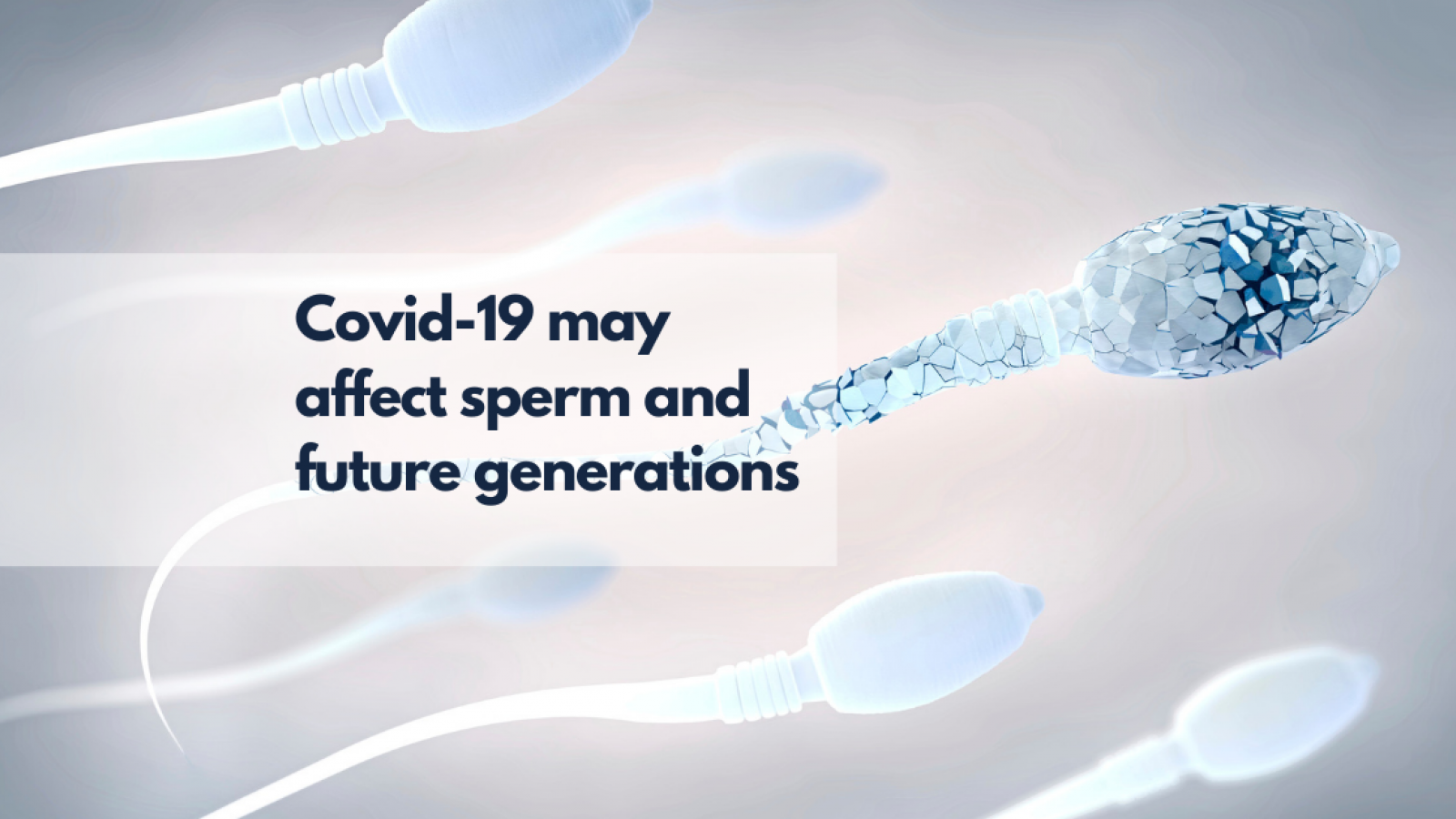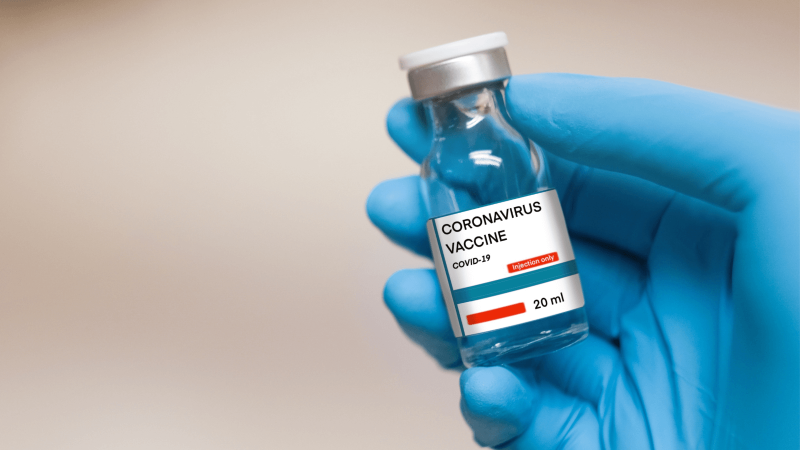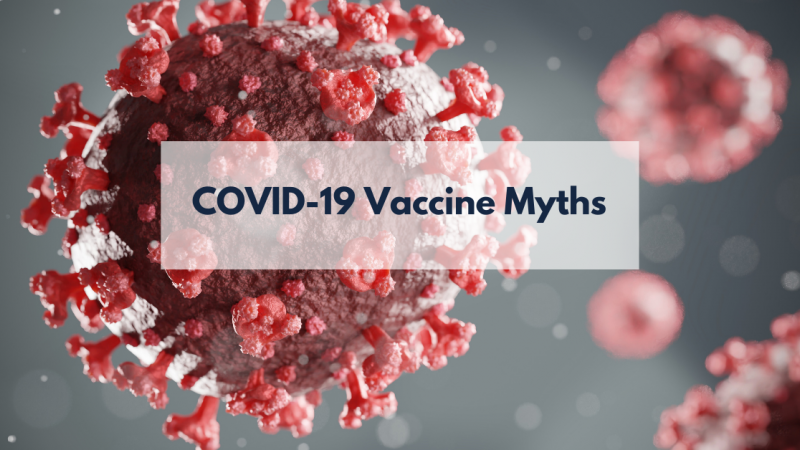
Animal studies have shown that environmental factors such as pollution, stress, malnutrition or infections can change the immune system of not only individuals also their offspring. Researchers are now looking into the impact of COVID-19 infection on sperm and the possible effects on future generations.
Genes are not the only thing transmitted from one generation to the next. For some time we’ve known that events in the lives of fathers and mothers can affect their children and even their grandchildren and great grandchildren. Environmental factors, such as pollution, stress, malnutrition and infections, including COVID-19, can shape future generations.
Recent evidence has pointed to the role of epigenetic mechanisms, such as DNA methylation or histone modification that affect how the hereditary material in the genes is "read and understood". If genetics were a recipe book that is inherited from one generation to the next, epigenetics would allow you to pick and choose which recipes are baked or ignored based on the food previously available.
Infections can affect this selection process and hence shape the immune systems of future generations in both a negative and a positive way according to studies in animals.
There is a growing body of evidence indicating that parasites like toxoplasma gondii can have trans‐generational consequences. Infection of a mouse can lead to changes in the behavioural phenotype of its offspring, even though the latter are not parasitised. Equally, both maternal microbiota and helminth infection seem to alter offspring immunity. General organ dysfunction resulting from an exaggerated systemic immune response to an underlying bacterial, fungal, or viral infection, called sepsis, has also proved to have an effect on future generations of mice and their immune system.
Researchers believe that a multigenerational weakening of the immune system caused by different environmental factors, including previous infections, could help explain variations that are observed during seasonal and pandemic flu episodes.
Annual flu vaccines provide some more protection than others. During pandemic flu outbreaks some people get severely ill, while others are able to fight off the infection. As we well know from the current COVID-19 pandemic experience, while age, virus mutations, and other factors can explain some of this variation, they do not fully account for the diversity of responses to flu infection.
The issue is all the more sensitive for COVID-19 as the SARS-CoV-2 virus can bind to sperm cells. Indeed, ACE2 receptors, used by SARS-CoV-2 to enter the cells, can be found on almost all testicular rat and human cells. Previous SARS coronavirus have been found to have a significant impact of on testes, so it is quite likely that SARS-CoV-2 affects testicular tissue, semen parameters and male fertility.
A classic example of virus‐induced infertility is seen in the mumps virus. Just under half of all males who get mumps-related orchitis notice some shrinkage of their testicles and an estimated 1 in 10 infected men experience a drop in their sperm count.
Researchers are hoping to find out how COVID-19 affects the development of the immune system and whether that effect is transmitted to offspring in humans. In a first study of its kind in human beings, 50 COVID-19 patients, so far, between the ages of 30 and 40 have delivered a sperm sample.
"If we find considerable negative changes in sperm, there is a possibility that we will advise people to wait with having children, for, for example, one year after a COVID-19 infection," says Professor Cecilie Svanes, from the University of Bergen.
Meanwhile current research in animals is looking for answers about the impact of a COVID-19 infection on sperm, hopefully finding some answers before a new generation of potentially affected children is born.
Last edited: 3 March 2022 11:25



